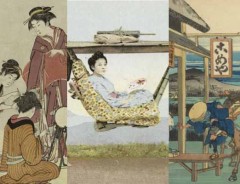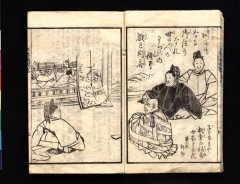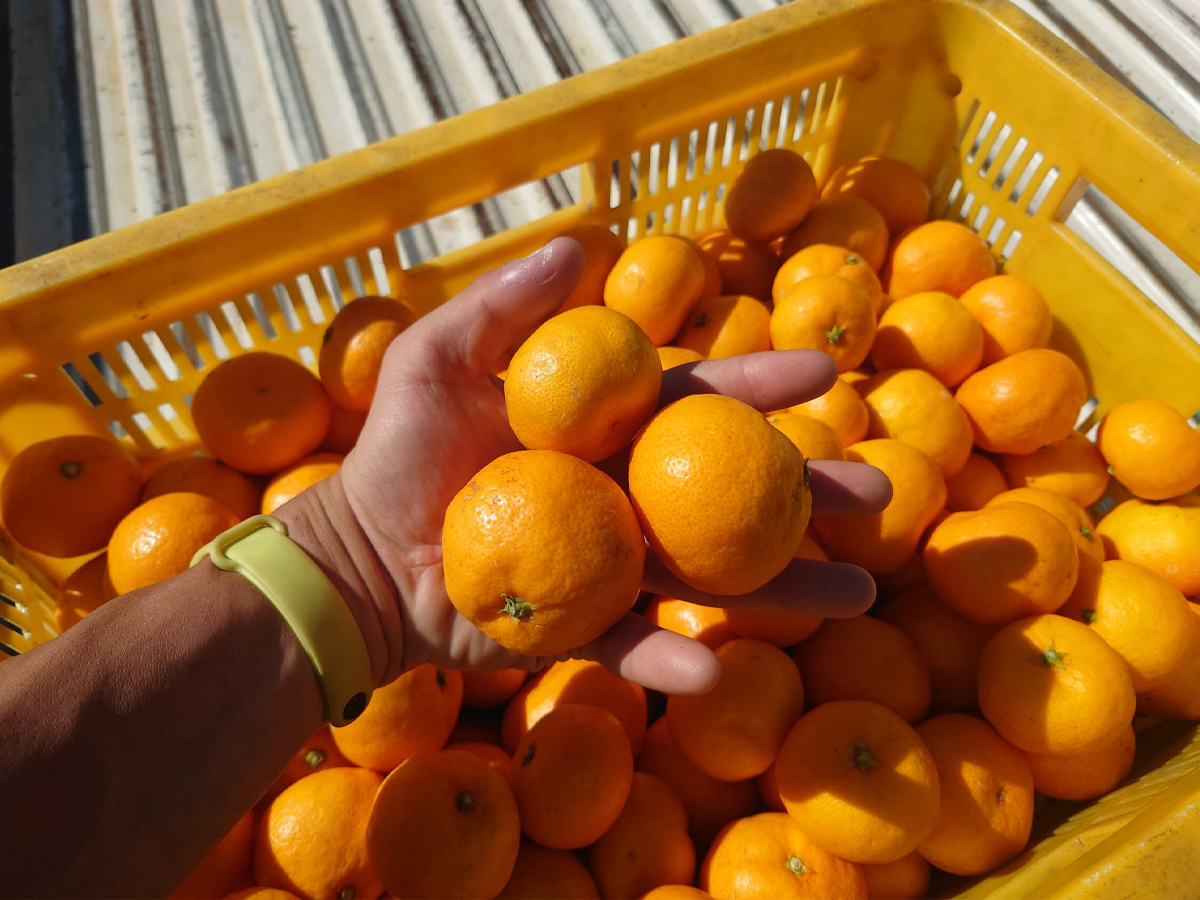- Tags:
- farmer / Free / freeloader / mandarin orange / request / shameless
Related Article
-

Free App Lets You Enjoy All 72 Seasons Of The Ancient Japanese Calendar
-

Japanese rice farmer frustrated with litterers makes an earnest plea on Twitter
-

Free Digital Collection Of Historical Japanese Artworks Brings The Museum To You
-

Lucky Couple Will Get A Chance To Spend A Night At Nagasaki’s Hirado Castle For Free
-

You Can Now Download 300-Year-Old Ancient Japanese Literary Texts For Free!
-

Have we all been peeling mandarin oranges wrong? “Magical” mikan peeling technique wows in Japan



All occupations require different skills. People work, develop their skills, and are paid for their work.
Unfortunately, there are individuals in this world who don't understand the value of other people's skills or underappreciate their work.
They may say things like: "do it for free," "it's good practice for you," or even "do me a favor," even though they have no intention of returning it.
A shameless stranger
Case in point. Earlier this month, Japanese farmer and Twitter user まーくん Mākun (@masaki0530122), who grows mandarin oranges in Wakayama Prefecture, posted about an unbelievable incident he experienced.
One day, while harvesting his mandarins, a complete stranger called out to him as he passed by the orchard along the road.
When Mākun approached to see what he wanted, the stranger suddenly asked him point-blank:
"Can you spare some of your mandarin oranges?"
Needless to say, the fruit he was harvesting was for sale and represented an important source of income for the farmers. When Mākun told the man how much the mandarin oranges were worth, the man seemed surprised, and then, unbelievably, said:
"What? You have so many of them, but you won't give some to me for free?!"
As a parting shot, he said: "What a cheapskate," and left.
Mākun was taken aback by the stranger's shameless attitude.
While he often has pleasant conversations with passersby, he says that he is sometimes approached by people who make such morally offensive offers or other suspicious people.
Perhaps the passerby was trying to get some out-of-spec oranges that weren't fit for sale.
However, no matter how substandard a product may be, if word gets out that it's being given away for free, that can potentially diminish the value of all products and affect sales for the entire industry.
Above all, demanding free goods that people have worked hard to produce is a disrespectful and immoral act.
Mākun's episode went viral, eliciting a variety of opinions, such as:
Of course, this kind of behavior isn't limited to farming. Online, people who earn money for their skills, whether it's technical, artistic, or otherwise, often share anecdotes about people asking them to "do it for free."
Hopefully, more people will understand that paying someone means recognizing the value of their work.